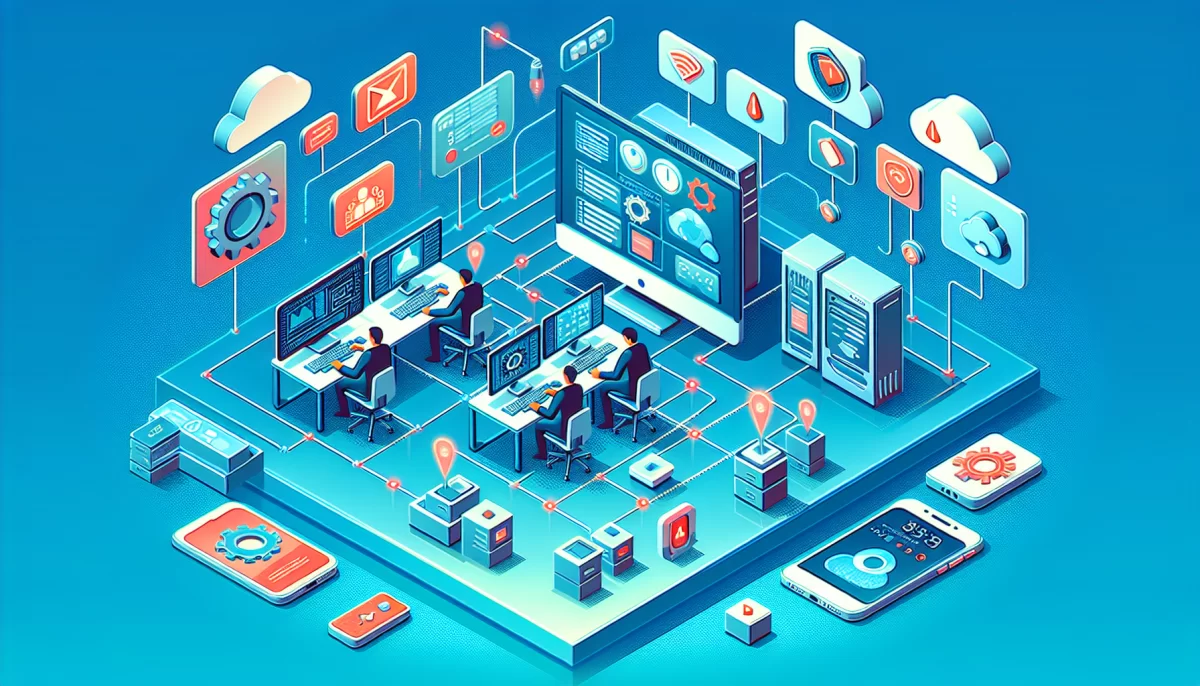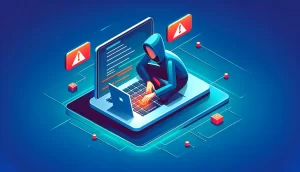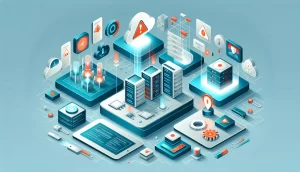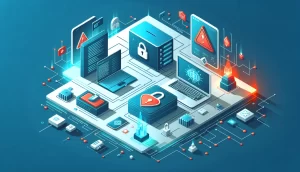In-Office vs Remote Cybersecurity Jobs: Pros, Cons, and Key Considerations
Cybersecurity is one of the fastest growing and most critical fields in today’s technology-driven world. As cyber threats continue to evolve, the demand for skilled cybersecurity professionals skyrockets. But an ongoing discussion has emerged among professionals and organizations alike: should cybersecurity roles be based in-office or performed remotely? Each option offers unique advantages and distinct challenges that impact career development, productivity, and work-life balance.
This comprehensive analysis explores the key aspects of in-office vs remote cybersecurity jobs, providing updated research, statistics, and insights to help you understand which setup aligns best with your professional goals and lifestyle.
Access to Tools and Resources in Cybersecurity Jobs
In-Office Advantages
- Direct Hardware and Network Access: In-office cybersecurity professionals typically have immediate access to corporate infrastructure, including servers, secure networks, and specialized hardware, which can expedite troubleshooting and incident response.
- Collaborative Problem Solving: Physical proximity enables rapid communication, fostering innovation through impromptu discussions and hands-on teamwork.
- On-site Training and Continuing Education: Access to company-led workshops and security drills boosts ongoing skill development and ensures professionals stay updated with the latest threat intelligence and defense techniques.
Remote Work Considerations
- Dependence on Personal Setup: Remote cybersecurity workers often rely on their own devices and home networks, which can introduce challenges such as limited access to proprietary tools–though many firms mitigate this via VPNs and cloud-based platforms.
- Flexible Workspace Configuration: Ability to customize one’s environment can enhance comfort and productivity. Tools like coworking spaces (e.g., NearU) offer hybrid alternatives for reliable infrastructure without commuting.
- Extensive Online Learning Opportunities: Platforms such as InterCoast Cybersecurity courses enable remote access to current certifications and knowledge updates, crucial in this ever-evolving sector.
Work Hours and Scheduling Flexibility
In-Office Scheduling
- Fixed Work Hours: Typical 9-to-5 shifts establish clear boundaries between professional and personal time, which can be helpful for routine and time management.
- Structured Environment: Regular office hours facilitate synchronous teamwork and align business hours with other departments.
- Commuting Drawbacks: However, the additional commute can consume 50+ minutes daily on average, according to the U.S. Census Bureau (2022), impacting work-life balance.
Remote Work Flexibility
- Variable Hours: Remote roles often allow cybersecurity specialists to tailor schedules based on personal productivity peaks, such as night owls working late hours.
- Work-Life Integration: Flexibility supports better balancing of family, health, and leisure activities, which several studies link to higher job satisfaction and retention.
- Risks of Overwork: Without strict boundaries, remote workers risk burnout. Tools for time management and attendance tracking help maintain accountability and avoid excessive work hours.
Professional Networking and Career Development
Networking In-Office
- Face-to-Face Engagement: Casual conversations, hallway chats, and team lunches create strong interpersonal connections.
- Cross-Department Exposure: Being physically present facilitates collaboration with other business functions, expanding understanding and visibility.
- Mentorship Opportunities: Proximity to leaders enables informal mentoring and sponsorship, critical for career advancement.
Remote Networking
- Global Connectivity: Remote work breaks geographic barriers, allowing professionals to build diverse global networks through webinars, online forums, and virtual conferences using tools enhanced by AI-powered platforms (e.g., AI video conferencing).
- Virtual Communities: Platforms like LinkedIn groups and cybersecurity forums foster knowledge exchanges and reputation building.
- Interactive Webinar Solutions: Modern webinar tools with streaming options that surpass standard players (such as alternatives to JWPlayer) enable engaging and customizable events for professional development.
Career Advancement Opportunities
In-Office Growth
- Visibility and Recognition: Regular in-person interactions allow supervisors to better assess performance.
- Project Participation: Physical presence often leads to inclusion in high-profile projects and initiatives, enhancing skill sets.
- Structured Mentorship: Access to mentoring software and programs strengthens career paths and progress tracking.
Remote Career Progression
- Performance-Based Promotion: Success depends on measurable outcomes and proactive communication with management.
- Self-Advocacy: Remote professionals must clearly express career goals and achievements during virtual meetings.
- Skill Excellence: Consistently exceeding expectations in deliverables is key to standing out in remote settings.
Updated Insights and Trends in Cybersecurity Work Settings
According to a 2024 Gartner report, over 60% of cybersecurity professionals now work remotely at least part-time, reflecting the evolution of enterprise cybersecurity strategies that embrace hybrid models (Gartner, 2024). Organizations increasingly invest in zero-trust network access (ZTNA) and cloud-based security operations centers (SOCs) to facilitate secure remote working environments.
A case study from Microsoft (2023) illustrates how integrating flexible schedules and remote work options improved their security team’s incident response time by 15%, showing that remote work, when properly supported, can enhance operational efficiency.
Summary: Choosing Your Optimal Cybersecurity Work Environment
Both in-office and remote cybersecurity jobs offer valuable benefits:
- In-Office: Provides structured environments with access to tangible resources, direct collaboration, and immediate support, aiding those who thrive on interpersonal connection and routine.
- Remote: Offers flexible hours, personalized workspace setup, and broad access to online learning and global networks, ideal for self-motivated individuals valuing autonomy.
The decision depends on your personal work preferences, lifestyle needs, and career objectives. Understanding these facets will empower you to find the ideal setting to advance your cybersecurity career successfully.



